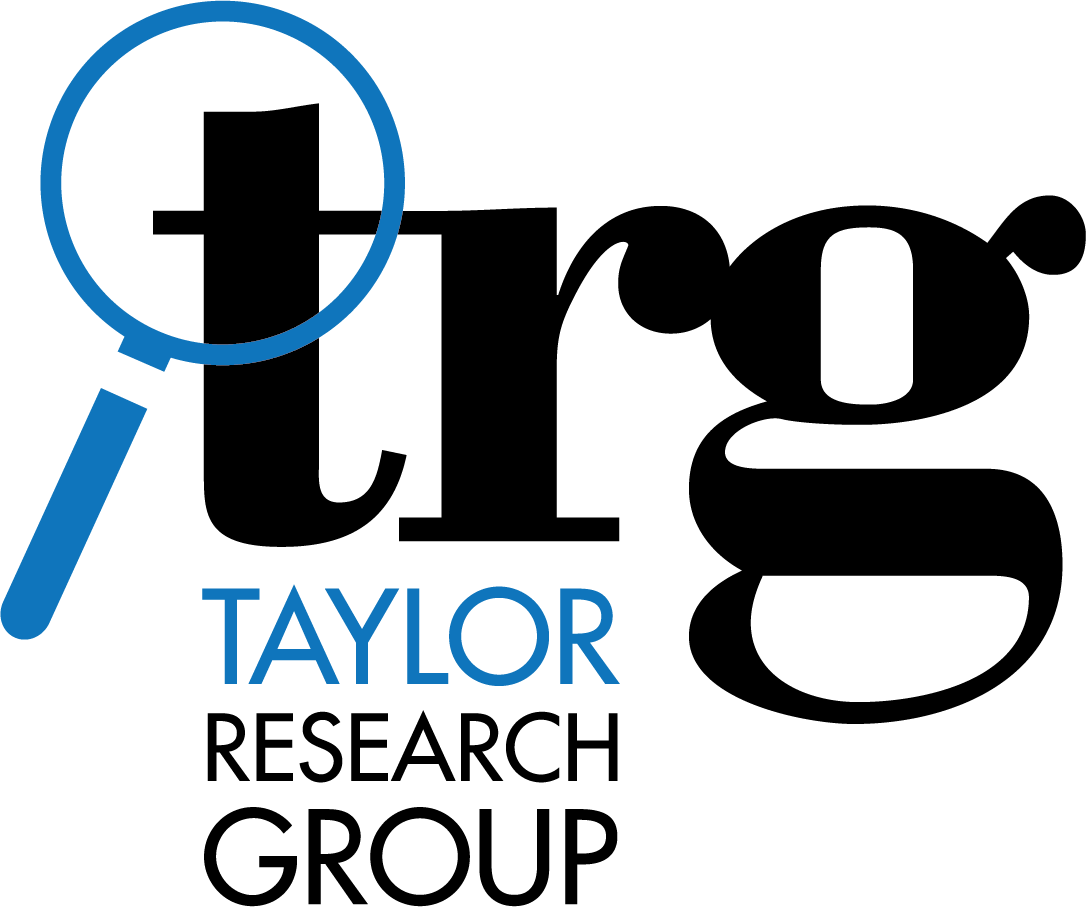We’ve been closely tracking litigation related to the EPA’s proposed Clean Power Plan (CPP), which seeks to reduce carbon pollution from power plants and includes state-by-state mandates. Recently, the Supreme Court stayed the implementation of the plan until the U.S. Court of Appeals for the District of Columbia Circuit completes its review.
If enacted, the CPP’s compliance component would require more disclosure in the form of electronic reporting, thereby increasing transparency into the operations and activities of power plants throughout the U.S. This is where our interest lies given our experience conducting historical environmental research into former industrial sites and manufactured gas plants for our legal and business clientele.
The compliance component would generate an untold amount of new information that could be utilized in future litigation. Operators of power plants as well as local, state, and federal EPA divisions would generate a plethora of new documentation related to emissions and performance rates. The potential disclosure requirements bring up a host of questions for us as researchers to consider. What types of records will be created and by whom? Where and how will such records be stored – in digital databases, in the archives of governmental agencies, or, presumably, both? When will such records be made accessible to the public? Will they be easy to access? Which record types will still require Freedom of Information Act (FOIA) or Freedom of Information Law (FOIL) requests to be submitted by us on behalf of our clients?
These questions may all be moot if the CPP is not upheld. But, if the plan is eventually implemented by the court, these questions will of course be relevant to us so we can meet the research needs of our clients involved in environmental litigation.
